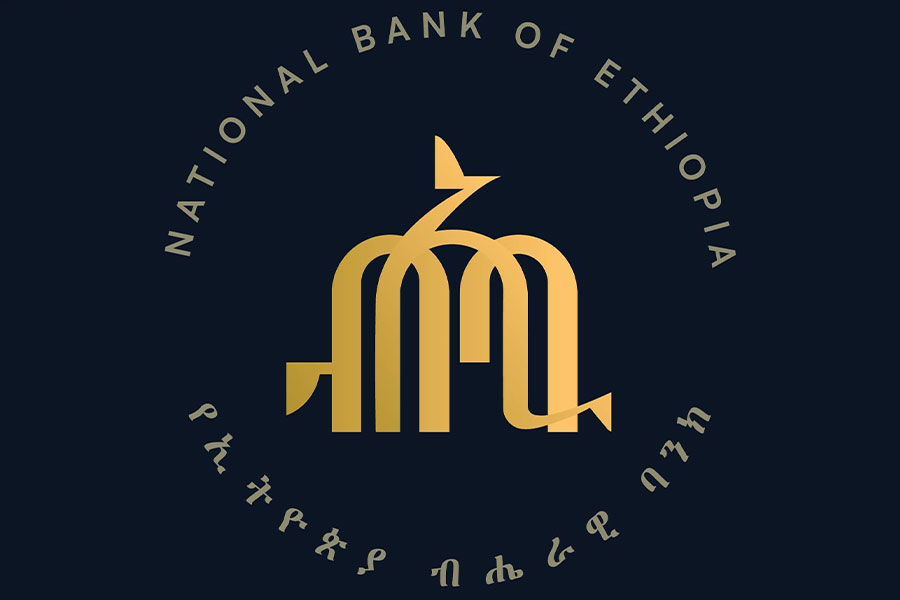
Mar 17 , 2021

Seven more financial institutions face a ban from issuing performance and advance payment guarantee bonds for construction companies hired by the Ethiopian Roads Authority (ERA). The latest lockout pushes the total number of debarred companies to eight.
Three months ago, the Authority excluded three banks and two insurers from issuing guarantees for allegedly failing to discharge their obligations in a timely manner. Cooperative Bank of Oromia, Commercial Bank of Ethiopia, Enat Bank, United Insurance and Nib Insurance were included in the previous ban, but all with the exception of Enat Bank were removed from the list after settling the required payments.
“Following further scrutiny, it was learned that other banks and insurance companies are found to be disobedient and refused to give financial remedies during a call for encashment of bonds and guarantee instruments,” reads the letter from Habtamu Tegegn, the Authority’s director-general. “Hence, it has become imperative to include the companies in the list of debarred companies.”
The latest ban covers two banks and five insurance companies, according to the letter dispatched to the project development and construction projects management divisions of the Authority. Berhan and Abay banks, Bunna, Lion, Tsehay, Abay and Berhan insurance firms can no longer extend bonds and insurance policies for construction companies handling projects under the Authority.
The Authority claims to be owed payments from Berhan Bank for the advance payment guarantee it gave to Tekleberhan Ambaye Construction (TACON). The Bank provided a 13-million-Br retention guarantee for the company when it was awarded the Endesilase-Dedebit-Dansha road project. Berhan also gave a 98.6-million-Br advance payment guarantee to TACON for the contract of Robe-Seru road project.
Abay also gave an advance payment guarantee to TACON, which was hired to construct the Bedeyi–Cheleleka road project valued at 129.1 million Br. Bunna Insurance has an outstanding payment for the guarantee it gave to Blen Woldeyohannes Building Contractors & Machinery Rental for the road maintenance projects in Lalibela and Qonzila towns.
Both Lion and Abay Insurance have outstanding payments for performance and advance payment guarantees they granted for a project dubbed Three Bridges in Afar Regional State. The Authority, which managed to push the national road coverage to 140,000Km, also expects Berhan Insurance to pay a claim for the performance bond guaranty it gave to Eyob Mulatu General Contactor.
The performance guarantee Tsehay Insurance gave to Kif Construction, which was hired for the Lot I project of the Mazorai-Durki road project, is an outstanding issue the firm has with the Authority.
While hiring contractors, the Authority requires the companies to hold guarantees from banks and insurance firms as to their performance and any advance payments and replace retention money held as per the contract requirement. Contractors also need to be furnished with different bonds as to their performance, advance payments, and other similar issues that require insurance coverage.
The Authority's contract framework also requires companies to have insurance coverage for the works, plant and equipment, personnel, and vehicles as protection against damage, losses and liabilities during a project's overall lifespan.
Over the past couple of weeks, months ahead of the sixth national election, the Authority is kicking off projects across different regional states. The projects' cornerstones were laid by higher government officials, including Prime Minister Abiy Ahmed (PhD).
For the current fiscal year, the Authority allocated 61 billion Br for new road and maintenance projects. During the first half of this fiscal year, it kicked off 21 new projects worth 43.3 billion Br and covering close to 1,800Km. The Authority announced the ban amidst the launching of these new projects.
Most of the financial institutions Fortuneapproached affirmed that they are not aware of the ban.
However, the Authority has been sending letters to the companies before the ban notifying them to pay the overdue value, according to Ashchalew Asfaw, legal director at the Authority, which has 400 ongoing projects including maintenance, design and feasibility studies, of which 187 are ongoing road construction projects.
"And they're aware of it," he told Fortune.
Five months back, the National Bank of Ethiopia issued an order banning six banks from issuing advance payment and performance guarantee bonds, accusing them of failing to fulfill their responsibilities. Abay, Berhan, Nib, Hibret, Lion and Wegagen were on the list.
Amaha Teferi, a veteran in the insurance industry, says that the Authority's decision will affect the companies individually, not the industry.
"When one company is banned," he said, "the others will take advantage instead of standing by the side of the banned company."
Amaha also characterises the Authority's move to get the money back as a show of force. He stated that most insurance companies are in court battles that prevent them from settling the claims.
"Since the companies don't have options," said Amaha, "they'll just pay the money."
Amaha also added that the insurance companies face the same problem with the Ethiopian Customs Commission over the customs bond, an insurance policy to guarantee payment of all duties and fees related to a shipment.
EDITORS NOTE: This story has been updated on March 17, 2021
PUBLISHED ON
Mar 17,2021 [ VOL
21 , NO
1090]
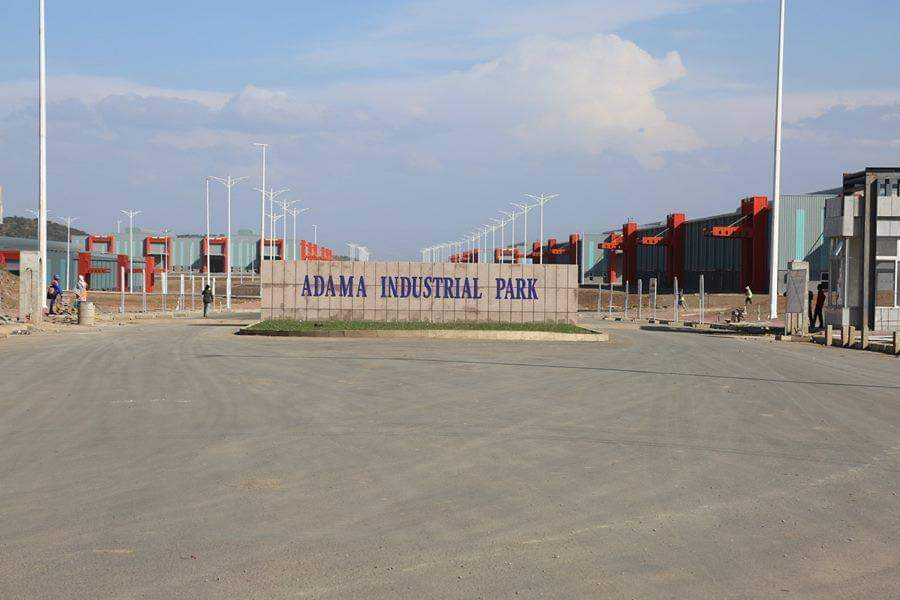
Fortune News | May 21,2022

Radar | Sep 10,2021

Fortune News | Nov 02,2019
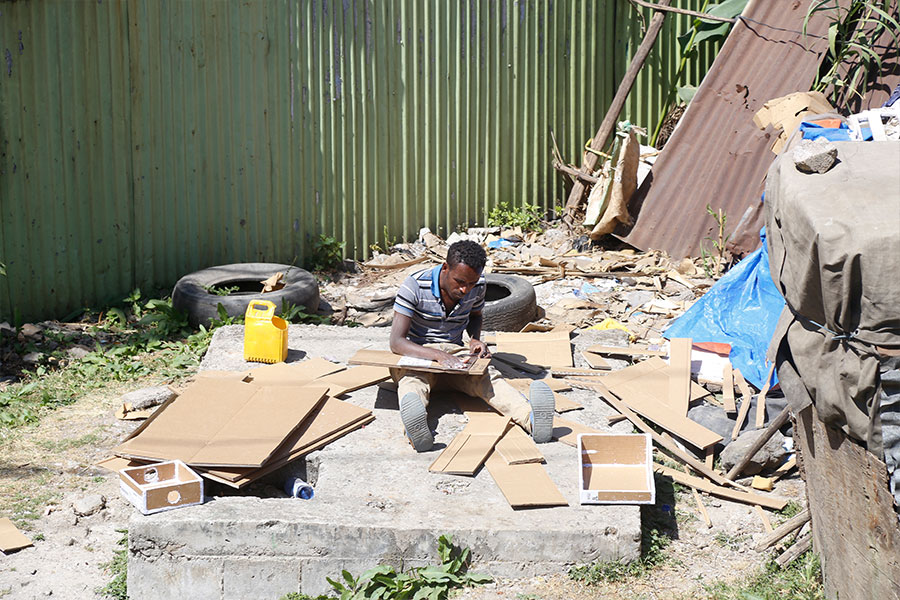
Radar | Nov 27,2021
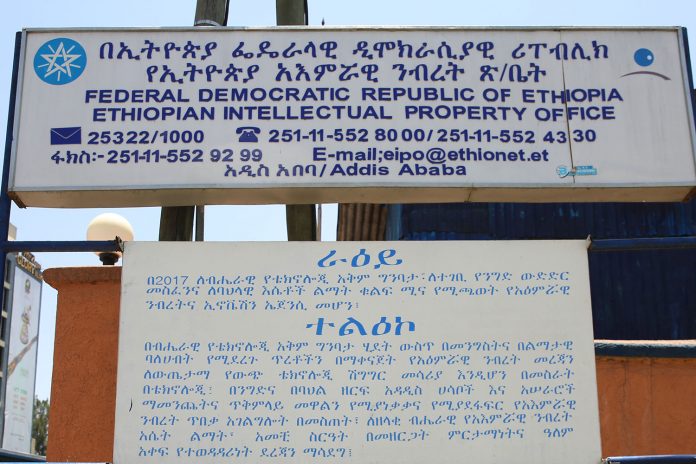
Fortune News | May 23,2021

Radar | Dec 11,2021

Films Review | Oct 26,2019

Radar | May 15,2021

Editorial | Jun 12,2021
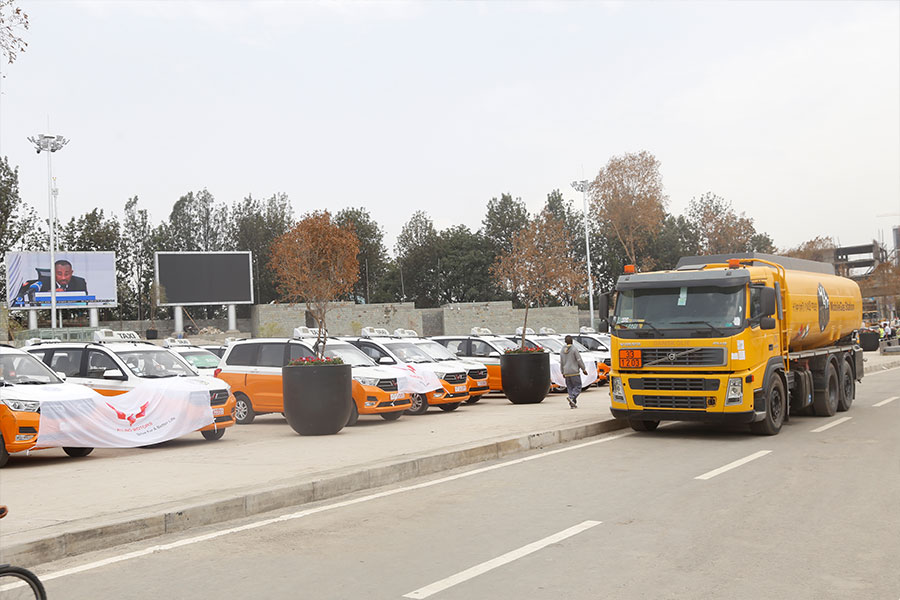
Radar | Jun 21,2021

Dec 22 , 2024 . By TIZITA SHEWAFERAW
Charged with transforming colossal state-owned enterprises into modern and competitiv...

Aug 18 , 2024 . By AKSAH ITALO
Although predictable Yonas Zerihun's job in the ride-hailing service is not immune to...

Jul 28 , 2024 . By TIZITA SHEWAFERAW
Unhabitual, perhaps too many, Samuel Gebreyohannes, 38, used to occasionally enjoy a couple of beers at breakfast. However, he recently swit...

Jul 13 , 2024 . By AKSAH ITALO
Investors who rely on tractors, trucks, and field vehicles for commuting, transporting commodities, and f...

Nov 1 , 2025
The National Bank of Ethiopia (NBE) issued a statement two weeks ago that appeared to...

Oct 25 , 2025
The regulatory machinery is on overdrive. In only two years, no fewer than 35 new pro...

Oct 18 , 2025
The political establishment, notably the ruling party and its top brass, has become p...

Oct 11 , 2025
Ladislas Farago, a roving Associated Press (AP) correspondent, arrived in Ethiopia in...